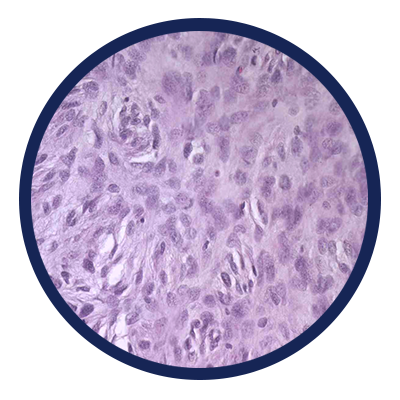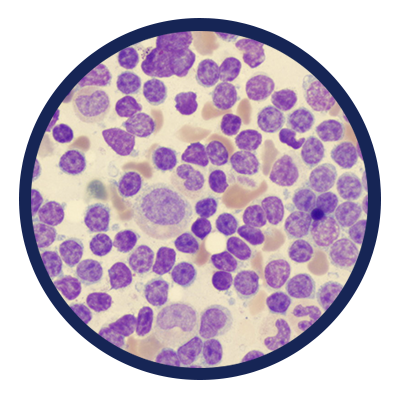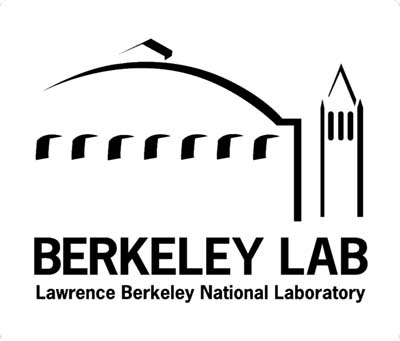Recurrent Glioblastoma Phase 1 Trial
The primary goal of this Phase 1 study is to determine if a new investigational drug, OS2966, when delivered directly to the brain of adult participants with recurrent/progressive high-grade glioma (HGG) is safe and well tolerated.
OS2966 is a therapeutic antibody blocking a cell surface receptor governing fundamental biological processes that allow cancer cells to grow, spread and become resistant to cancer treatment. Despite availability of new promising cancer treatments, successful treatment of HGG has been limited by the presence of the brain’s protective blood brain barrier (BBB). The BBB is made up of tightly knit cells that block entry of several substances including cancer treatments. To overcome this obstacle, a technique called convection-enhanced-delivery (CED) will be utilized to deliver OS2966 directly to the site of disease. Convection-enhanced delivery involves placement of one or more catheters into the brain tumor and tumor-infiltrated brain in order to slowly pump a therapy into the tissue. In this study, the Infuseon Cleveland Multiport Catheter (ICMC) will be used. The ICMC is a type of catheter developed specifically for direct delivery of therapies to the brain.
To be eligible for this study participants must require surgical resection of their recurrent HGG.
Targeting rare and resistant cancers

Other Solid Cancers
Ovarian and pancreatic cancer, and malignant meningioma.
Glioblastoma
Our foundation: the most common and malignant primary brain cancer.

Hematological Maligancies
Drug resistant acute lymphoblastic leukemia.
Partners and Collaborators









